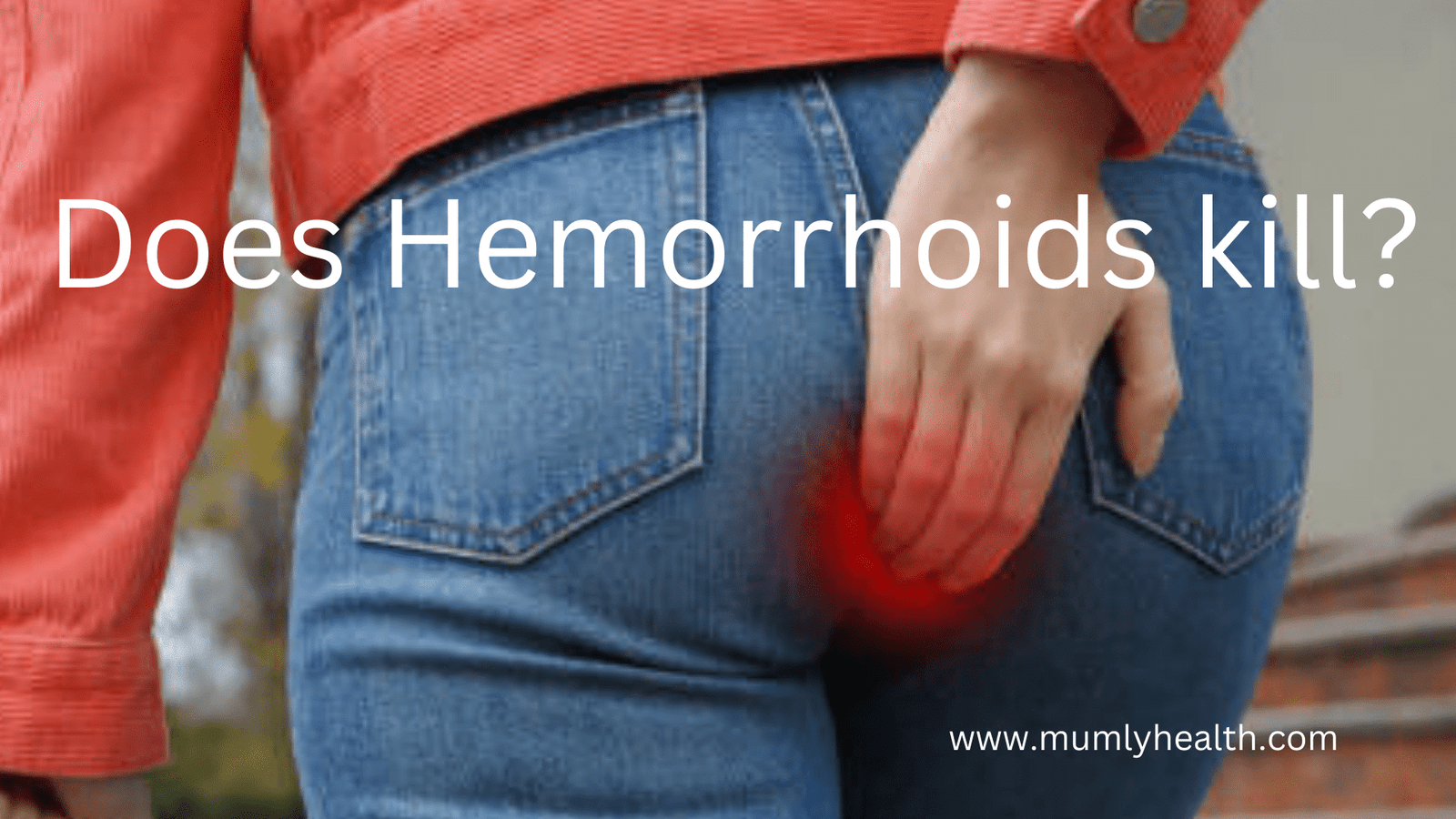In the region around your anus, hemorrhoids, commonly referred to as piles, are irritated blood vessels.
About 50% of persons over the age of 50 experience hemorrhoids, hemorrhoids can cause a variety of symptoms, from moderate to severe, including pain, itching, and bleeding.
Hemorrhoids, according to some people, are the most painful thing they have ever felt. Hemorrhoids can certainly be uncomfortable and painful, but they can’t kill you.
What are Hemorrhoids?
A hemorrhoid is a painful inflammation of the blood vessels near the anus or lower rectum. Itching, swelling, and, in severe cases, bleeding are among the symptoms.
Read Now:Mental health nursing notes-Things Should Be In Every Psychiatric Nurse’s Progress Note.
Types of Hemorrhoids
1. Internal Hemorrhoids
Internal piles in the rectum are typically not noticeable from the outside.
An external pile, however, may occasionally develop and extend outside the anus. Hemorrhoid that has prolapsed is how doctors refer to it.
Internal piles are rated on a four-point scale by medical specialists.
Grade I
No symptoms exist, and the development does not protrude from the anus.
Grade II
The piles may protrude from the anus, but they always come back in on their own.
Grade III
The pile prolaps within the anus and only regresses with physical assistance.
Grade IV
It is impossible to force the prolapsed piles back into the anus.
2. External Hemorrhoids
On the outside margin of the anus, external piles take the shape of tiny bumps. They itch a lot and can get painful if a blood clot forms because it can stop blood flow.
External piles that have thrombosed or clotted hemorrhoids need to be treated by a doctor very away.
Internal hemorrhoids may result in the following complications:
- Internal hemorrhoids that prolapse from your anus and become noticeable internal hemorrhages
- infected internal hemorrhoids
Among the external hemorrhoids’ potential complications are:
- Thrombosis (blood clots) brought on by issues with blood flow
- Strangulated hemorrhoids, skin tags, and hardened lumps
Do Hemorrhoids Kill?
You are not likely to die from hemorrhoids, even if they are so enlarged that they burst. However, a wound in or near the anus can quickly get infected, and the tissue heals more slowly if the area is not allowed to heal.
This might lead to a greater need for surgery, which could bring problems, such as rectus scarring.
Hemorrhoids should not be intentionally popped, even if the pain is excruciating. This will prolong the cycle of inflammation
See Now: Understanding and Managing Dexamethasone-Induced Weight Gain
Causes of Hemorrhoids
Under pressure, the blood vessels near the anus and the rectum may expand, swell, or bulge, creating piles. This could be because:
1. Persistent constipation
Persistent diarrhea, carrying large loads, and straining to evacuate stools
Risk elements
A person’s likelihood of getting piles may be increased by several variables, such as:
Pregnancy
Hemorrhoids can occur up to 50% of the time during pregnancy, according to a Reliable Source. This is brought on by tremendous pelvic pressure, a more significant blood volume, and a higher prevalence of constipation.
Age
Older folks are more likely to have piles. Pile development occurs in almost half of the adults over 50.
Weight
According to research, having a high body mass index may make heaps more likely to form.
Diet
Consuming a low-fiber diet is expected to cause piles.
Home Remedy
1. Diet
The softer stool can significantly lessen hemorrhoids’ pain because they generate painful bowel motions.
The dietary and nutritional changes listed below will assist in loosening your stool sufficiently to reduce discomfort when using the restroom.
Prunes
Hydration
Fiber
Fennel
C vitamin
Magnesium
Prunus husk
Probiotics
While it may seem beneficial to tackle the problem as you would with constipation, exercise caution when promoting bowel movements.
2. Creams
External hemorrhoids can benefit from therapeutic interventions to reduce swelling, particularly calming wipes. This not only instantly soothes the discomfort and irritation, but it also has the potential to lessen swelling.
Make sure that any wipes or topical solvents you use don’t contain irritants like chemicals, alcohol, or fragrances because these substances can quickly worsen the tissues’ sensitivity.
Witch hazel-based wipes and liquids cause pain, itchiness, and inflammation. Another calming topical therapy is aloe vera gel.
Mainly when dealing with prolapsed hemorrhoids, reducing the swelling is crucial. Many people take sitz baths, which are shallow warm baths with just enough water to cover
Conclusion
Finding blood in your feces is never typical. To look into the underlying problem, you should see your doctor.
Consider it a clear indication to visit your dependable healthcare practitioner if the bleeding gradually worsens.
The majority of hemorrhoids go away on their own in around a week. It’s vital to rule out other possibilities if it continues for a more extended period, especially if it gets worse with time.
